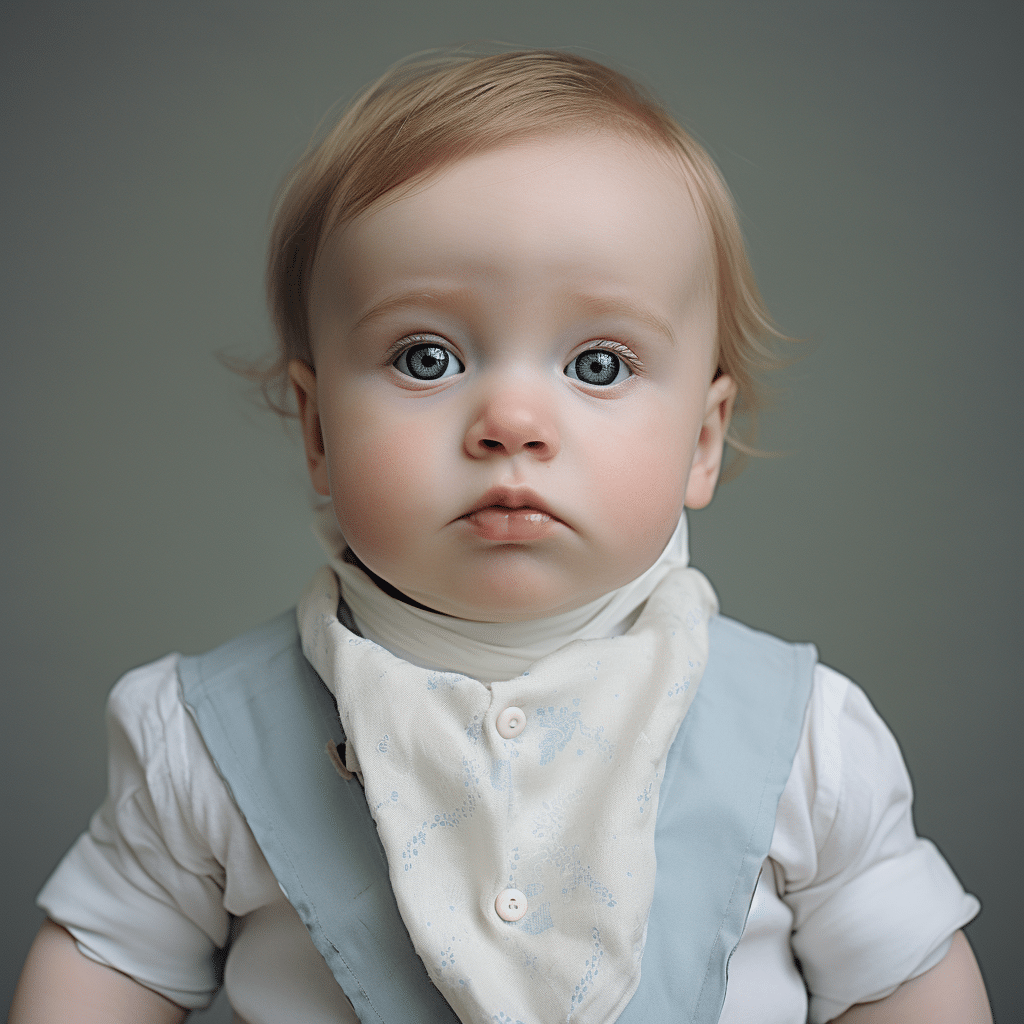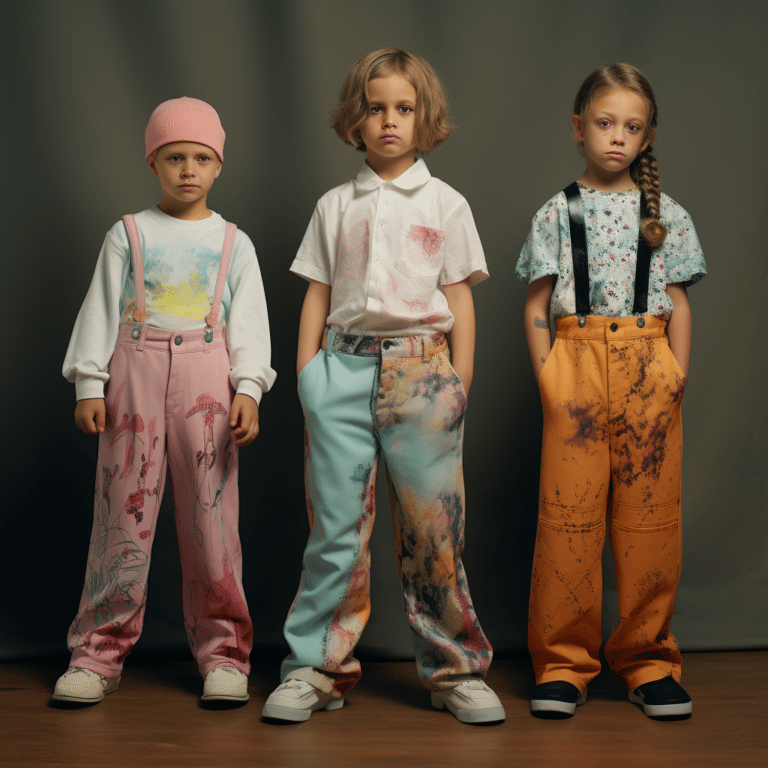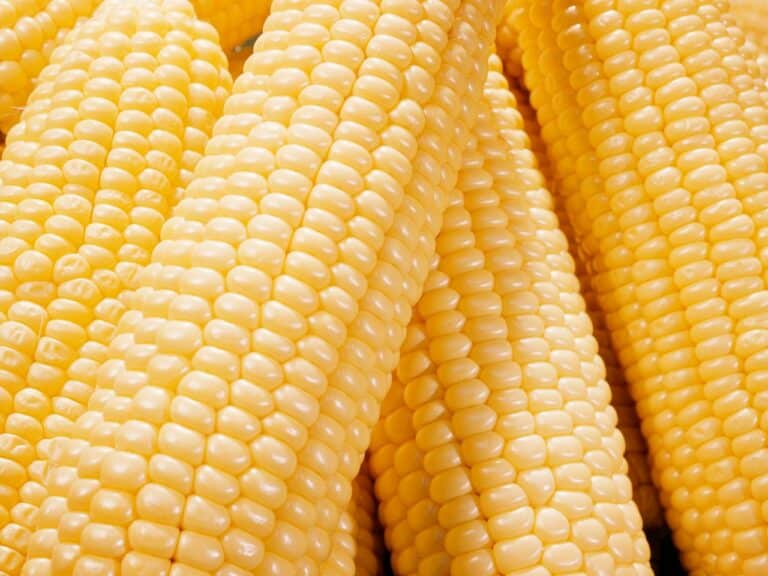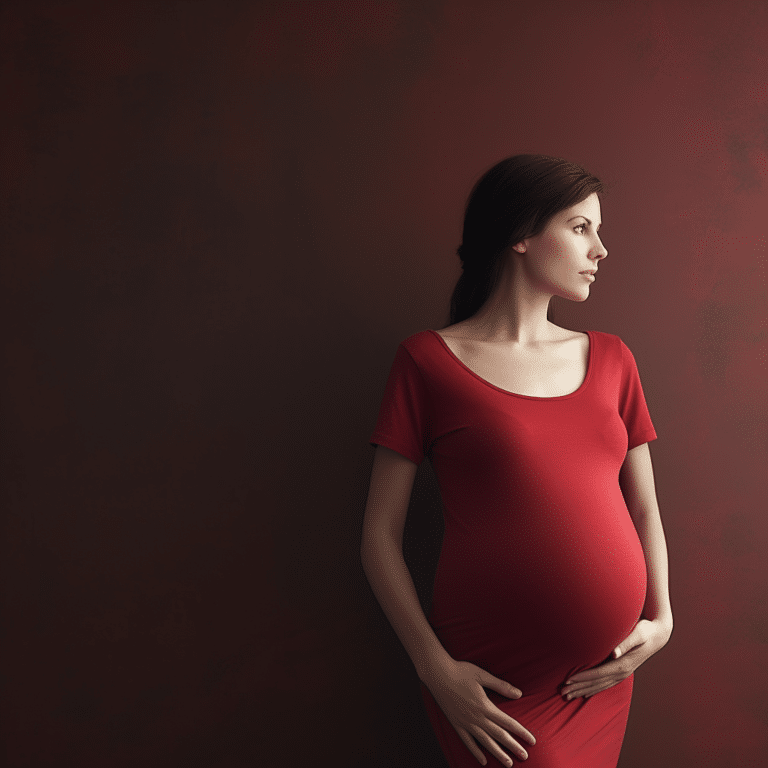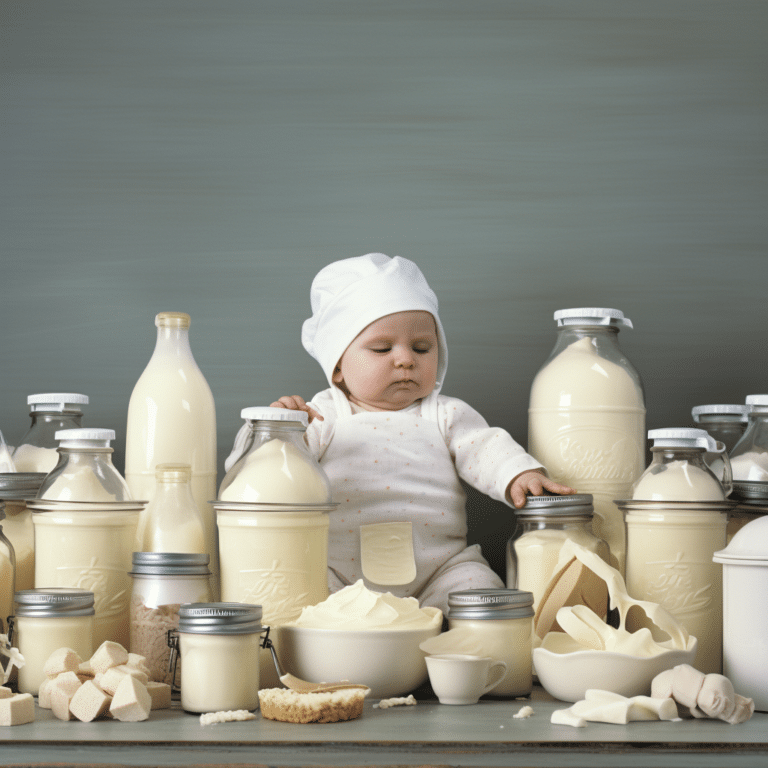Newborn Bibs: Necessity, Benefits and Practical Tips
Do Newborns Need Bibs: As a new parent, you may find yourself teetering at the edge of uncertainty when it comes to whether you need to purchase bibs for your newborn. It’s a common conundrum faced by many—some parents adamantly advocate for them while others draw their own conclusions against the need for them.
In this meticulous guide, we’ll delve into both sides of the argument so that you can make a well-informed decision on the matter.
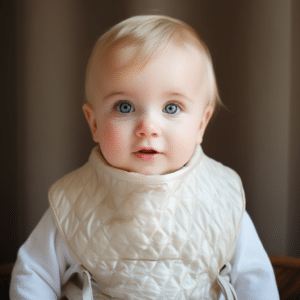
Do Newborns Need Bibs?
Yes. When it comes to newborns, bibs are essential. Baby spit-up is inevitable during the feeding process- but with fasteners on the side of a dedicated bib, it’s possible to protect the little one’s clothing and reduce laundry duties. So don’t hesitate: for any new parents out there, investing in a few quality bibs is well worth the effort.
Reasons Why Newborns Need Bibs
As new parents, you quickly learn that expectorating and drooling are everyday occurences for infants. Although it may not be the most pleasing element of parenting, maintaining your newborn’s cleanliness and dryness remains paramount. Here we outline why bibs are essential for newborns:
Protecting Clothes from Spit-Up and Drool
Newborns can produce copious amounts of spit up and drool on a daily basis, which can take you by surprise as it comes out. If you’re holding your infant and they suddenly launch a globule of saliva, it’s certain that their clothing will become soiled.
Related: HOW TO SANITIZE BIBS PACIFIERS
Removing the marks and odors from those garments can be quite challenging, leading to an unexpected spike in your laundry load. Making use of a bib can shield your baby’s clothing from getting filthy, ultimately saving you time and effort in the long term.
Preventing Skin Irritation
Ensuring your baby’s skin remains dry and clean is crucial to avoiding the redness, rashes, and general discomfort that can arise from extended exposure to their saliva and vomit. Why take a chance? Investing in bibs helps protect your little one’s delicate neck and chest, preventing pesky skin irritation. Keeping them clean and dry—it’s an easy choice.
Easier Cleanup
Wearing a bib can be an invaluable asset for parents. Rather than having to change their baby’s suit every time there is some mess, you can quickly rip off the dirty bib and put on a clean one. This nifty approach saves valuable time and energy, particularly when you are in public and can’t access other garments with ease.
Reasons Why Newborns Might Not Don’t Need Bibs
For some parents, bibs are an essential item for newborns, yet others may view them as unnecessary. If you’re trying to decide if you need bibs for your little one, then consider these potential reasons why they may be extraneous:
Minimal Spit-Up and Drool
Though most infants don’t have issues with excess spit-up and drooling, it is best to be prepared rather than find yourself in a tricky spot later on. Keep a bib handy for your baby — you never know when it might prove helpful. Even if your little one isn’t prone to such messes now, things can change quickly in the early stages of life.
Skin Irritation Prevention
Though bibs have the ability to restrain skin irritations, if not used properly, they can ironically become the very source of discomfort. If a bib clasps too firmly or its fabric rubs against the child’s surface area, it may manifest itself in an itchy rash.
Related: ARE BIBS PACIFIERS SAFE?
Prolonged use of a bib can also cause dampness, hence aggravating the potential for skin irritation. Fortunately, for those families whose babies are blessed with less drooling and spewing, using a bib for their little one may be entirely superfluous— thus avoiding any risk of skin discomfort.
Environmental Concerns
Using bibs can lead to an abundance of laundry and waste, something that may cause parents to pause. Disposable bibs provide a certain convenience but they do not always align with eco-friendly standards. Reusable bibs could be the preferable solution, though regular washing is mandatory, raising water and energy consumption levels. In other words, there is no easy answer.
Types of Bibs for Newborns
When it comes to choosing a bib for your newborn, there are several options available. Here are some of the most common types of bibs:
Cloth Bibs
Cloth bibs are a quintessential part of the traditional parenting experience. Crafted from materials like cotton and other soft fabrics, they come in an array of sizes and designs to suit any needs — and since they’re easily washable, they can be reused over and over again. For parents who want to reduce their environmental impact, cloth bibs are an ideal choice.
Silicone Bibs
Silicone bibs are the answer to all your messy meals and drooly babies. Crafted from a soft, pliable material that’s simple to wipe down, these bibs deliver a double blow of practicality. Not only are they waterproof, but their sturdiness allows them to be reused multiple times, making them an economical choice for any parent.
Disposable Bibs
Disposable bibs offer a convenient option for parents who are on the go or find themselves without access to washing machines.
Sure, they may be pricy after repeated uses and not particularly beneficial to the environment, but these paper-made accessories might just be the right fit for some. After all, when both practicality and ease of use come into play, one has to weigh their options carefully.
Bandana Bibs
Bandana bibs are more than just an accessory for your newborn, they’re a functional fashion statement. Adorned with a snap closure at the bottom, these triangular bibs come in a variety of soft fabrics that protect delicate baby clothes from food stains and teething messes.
Not only do bandana bibs make your little one look stylishly on-trend, but they also serve as a practical solution for keeping them clean.
How to Choose the Right Bib for Your Newborn
Choosing the right bib for your newborn can be overwhelming with so many options available.
Here are some factors to consider when selecting a bib:
Material
The material of the bib is an important consideration. Soft materials like cotton or silicone are gentle on your baby’s skin and can prevent irritation. Avoid bibs made of rough or scratchy materials, which can cause discomfort and redness.
Size and Fit
Choosing the right size and fit is essential for the bib to be effective. A bib that is too large may not stay in place, while one that is too small may not provide enough coverage. Look for bibs with adjustable closures, so you can get the right fit for your baby’s neck size.
Style
Bibs come in different styles, from traditional cloth bibs to bandana bibs. Consider your baby’s needs and your preferences when selecting a style. If your baby drools excessively or is a messy eater, a waterproof bib may be a better option.
Durability
Bibs that are durable and can withstand frequent washing are a good investment. Consider the quality of the material and the bib’s construction when selecting a durable bib.
Cost
The cost of bibs can vary depending on the material and style. Reusable cloth bibs may be more cost-effective in the long run, while disposable bibs may be more convenient for travel.
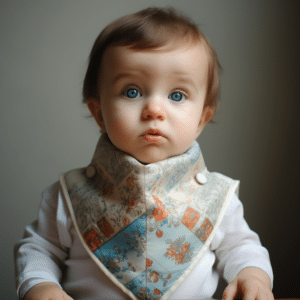
FAQs:
Q: When should I start using a bib for my newborn?
A: You can start using a bib for your newborn from the moment they start feeding. Newborns can be messy eaters, and a bib can help protect their clothes and keep them clean.
Q: How many bibs do I need for my newborn?
A: The number of bibs you need for your newborn will depend on how often you feed them and how quickly the bibs get soiled. It’s a good idea to have at least five to seven bibs on hand so you can rotate them between washings.
Q: Do I need to wash bibs after every use?
A: Yes, it’s important to wash bibs after every use to prevent the buildup of bacteria and germs. Reusable cloth bibs can be washed in the laundry, while silicone and disposable bibs can be wiped clean.
Q: Can bibs be used during teething?
A: Yes, bibs can be used during teething to help absorb drool and prevent your baby’s clothes from getting wet. Consider using a bib with a waterproof lining to keep your baby’s skin dry.
Q: Are bibs necessary if I breastfeed my baby?
A: Even if you breastfeed your baby, a bib can still be helpful in preventing milk spills and dribbles. It can also keep your baby’s clothes clean during burping.
